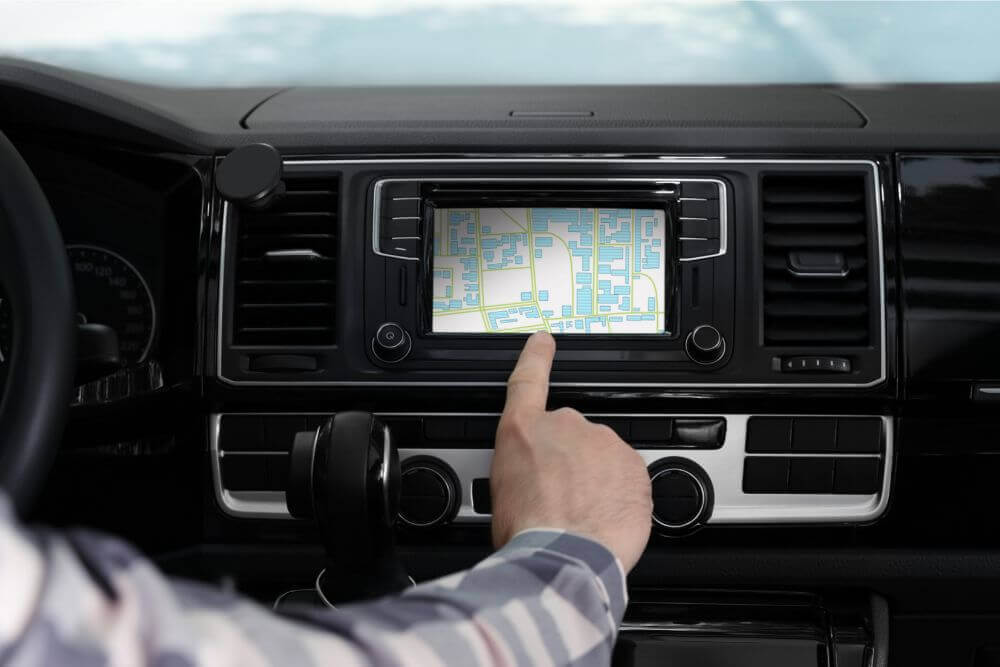Are you concerned about the privacy of your modern vehicle? You should be. With all the advanced technology and connectivity features, it’s becoming increasingly difficult to keep your personal information and whereabouts private. I don’t trust these car manufacturers and their hidden agendas. Who knows what kind of data they’re collecting and how it’s being used? Are they selling our information to third parties? Are they sharing it with the government? We need to be vigilant and protect ourselves from these potential threats. In this blog post, we’ll take a closer look at the privacy concerns of modern vehicles and explore ways to safeguard our personal information.
The CEO of one of the largest automobile manufacturers in the world said it best:
“We know everyone who breaks the law, we know when you’re doing it. We have GPS in your car, so we know what you’re doing.”
He did continue to say that they never give that information to anyone, but has since retracted that statement[archive].
Telematics
Telematics is a technology that can leave you feeling like you always have someone in your car with you. This system is commonly used in modern vehicles to track and monitor your driving habits, location, and even biometric information. Telematics can collect data from a variety of sources, including GPS, accelerometers, and other sensors, which can be used to create a detailed profile of your driving habits and personal data. This data can be shared with third parties, such as insurance companies, law enforcement agencies, or advertisers, without your knowledge or consent.
All of this information can be pivotal evidence in a court case. Say you were in an accident, or were in the vicinity of a crime when it occurred. Once obtained, this information will be used to verify or dispute your recollection of the events. If the information supports your story, it will strengthen your credibility, however if it does not, it can weaken your reputation. The data from your car’s black box will provide the government with key evidence in the case, regardless of whether or not you choose to remain silent.
Protected by Fourth Amendment… Maybe?
In 2020, the Supreme Court of Georgia reversed the conviction of Victor Mobley on vehicular homicide charges, finding that the use of data from the car’s airbag control module (ACM) as evidence against him violated his Fourth Amendment rights against unreasonable searches and seizures. The court held that the ACM data was collected without a warrant or consent, and that its use in the trial was therefore unconstitutional. This case highlights the growing concern over the use of data from car black boxes and other telematics systems as evidence in criminal trials, and the need for clear guidelines and protections for the privacy and security of such data.
State of Florida v Charles Wortham
In 2017, Charles Worsham was convicted of DUI manslaughter and other charges related to a fatal car accident. The conviction was based in part on data obtained from the airbag control module (ACM) in his vehicle, which showed that he was traveling at a high speed at the time of the accident. Worsham argued that the use of this data violated his Fourth Amendment rights against unreasonable searches and seizures, but the Florida District Court of Appeal upheld the conviction.
In 2019, the Florida Supreme Court overturned Worsham’s conviction and ruled that the warrantless collection of data from his vehicle’s ACM was unconstitutional. The court held that Worsham had a reasonable expectation of privacy in the data collected by the ACM, and that the warrantless search of this data was not justified by any recognized exception to the warrant requirement. As a result, the evidence obtained from the ACM was suppressed, and Worsham’s conviction was overturned. The case was remanded back to the trial court for further proceedings.
